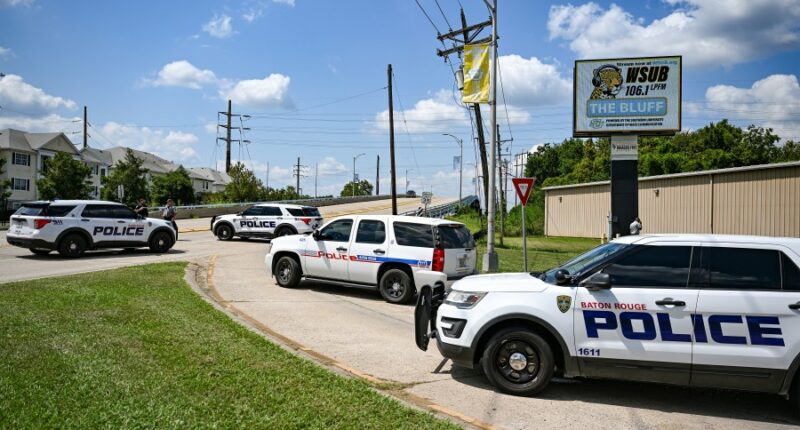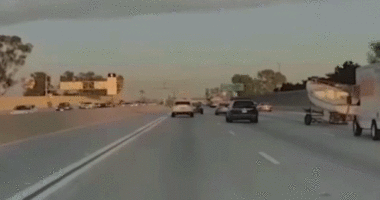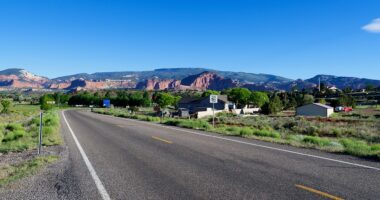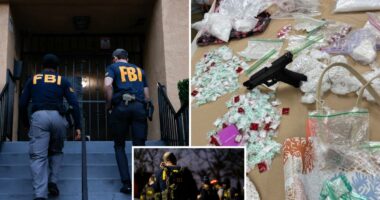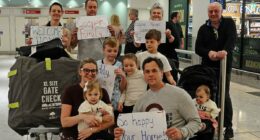Share this @internewscast.com

Reports of threats directed at historically Black colleges and universities (HBCUs) across the United States on Thursday resulted in campus lockdowns, class cancellations, and increased security measures in response.
While officials did not specify the nature of the threats and no injuries were reported, the FBI informed The Associated Press that they are treating these “hoax threat calls” with seriousness, despite having “no information to suggest a credible threat.”
Though lockdowns have been lifted, the affected institutions remain extremely cautious. Amidst current concerns over mass shootings and following recent violence and false alarms of active shooters at the outset of the academic year, several universities decided to cancel classes for the rest of the week and send students home as a precaution.
U.S. Representative Troy Carter, a Democrat from Louisiana, condemned the threats as “reprehensible attacks,” emphasizing that threats to HBCUs are challenges to the broader community.
“These attacks cannot be tolerated, minimized, or ignored,” he said. “They must be met with swift and decisive action.”
Southern University in Louisiana, with its 8,200-strong student body, reported a “potential threat to campus safety” leading to a brief hour-long lockdown. Meanwhile, at Alabama State University, located near downtown Montgomery with approximately 3,500 students, a shelter-in-place order was issued while police conducted a thorough search of campus buildings.
After about two hours, Alabama State University announced receiving an “all-clear” notice from law enforcement. Nevertheless, the school indicated that although the “immediate threat had been resolved,” students were advised to continue staying in their dormitories and classes were suspended for the rest of the day.
Clark Atlanta University in Georgia, Virginia State University, Hampton University in Virginia and Bethune-Cookman University in Florida also reported threats.
Precautionary measures came at a time of heightened worry on school campuses over violence following the assassination of conservative activist Charlie Kirk at a Utah Valley University and a shooting at a Colorado high school.
Swatting incidents typically increase after violent events, putting schools on edge, said Don Beeler, chief executive officer of TDR Technology Solutions, which tracks swatting calls and offers technology to prevent them. The safety measures that schools may implement following potential threats could be heightened, such as cancelling class for a few days, instead of just one day.
“Anything that happens in the next week is going to get an overreaction than what you normally see,” Beeler said.
Other HBCUs that did not receive threats announced that they, too, were tightening security.
South Carolina State University required anyone coming on campus, in Orangeburg, to show a photo ID after the threats started surfacing. Spelman College in Atlanta, Georgia — which neighbors a university that did receive a threat — issued a lockdown Thursday and said it was amping up security measures.
At the start of the school year, at least a dozen college campuses received hoax calls about active shooters. The realistic-sounding calls, some of which had gunshots that could be heard in the background, prompted universities to issue lockdowns with directions to “run, hide, fight.”
——
Cline reported from Baton Rouge, Louisiana. Associated Press Writers Kimberly Chandler in Montgomery, Alabama; Heather Hollingsworth in Mission, Kansas; and Jeffrey Collins in Columbia, South Carolina
